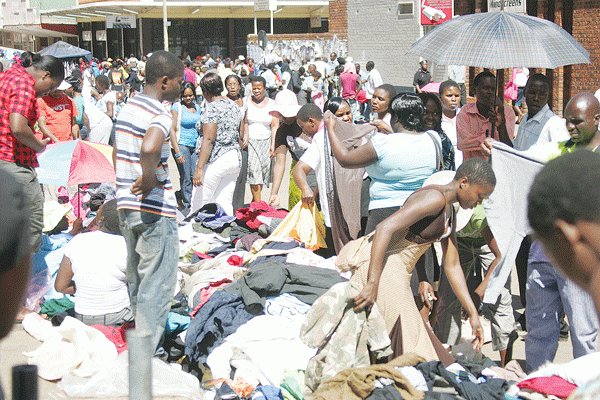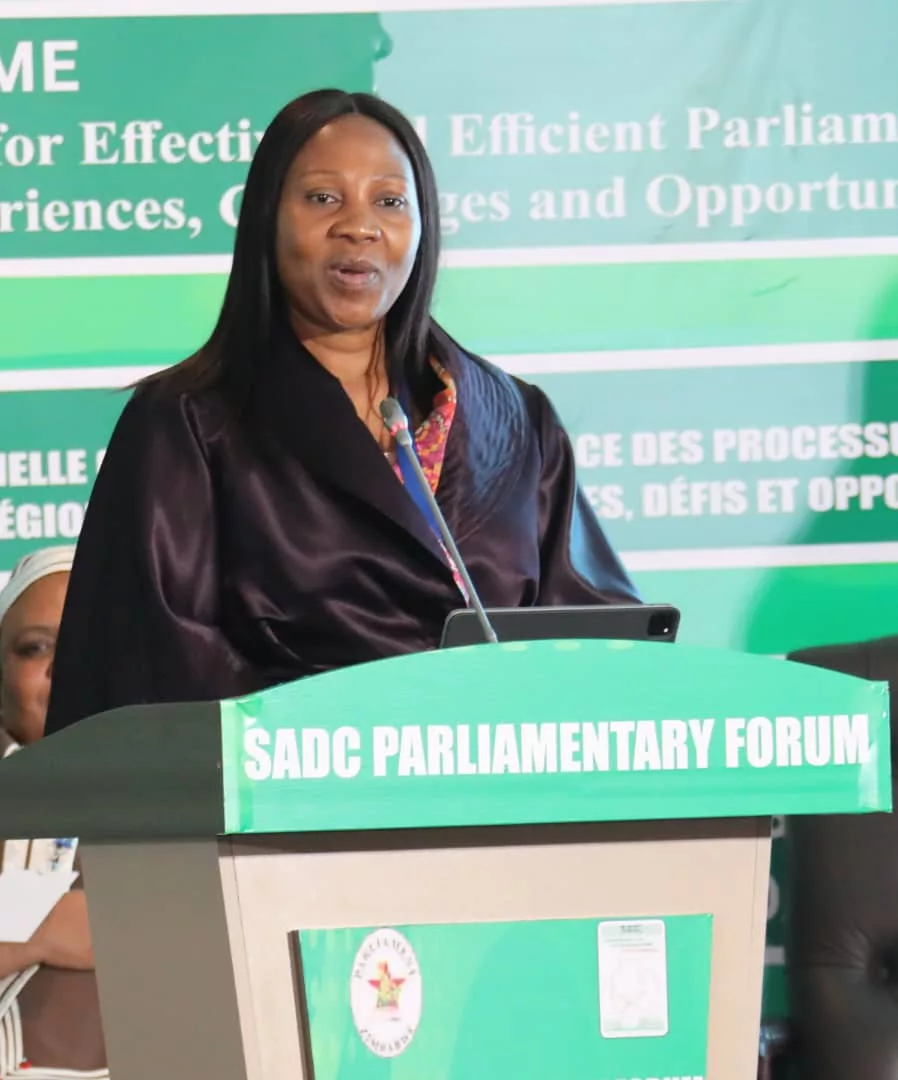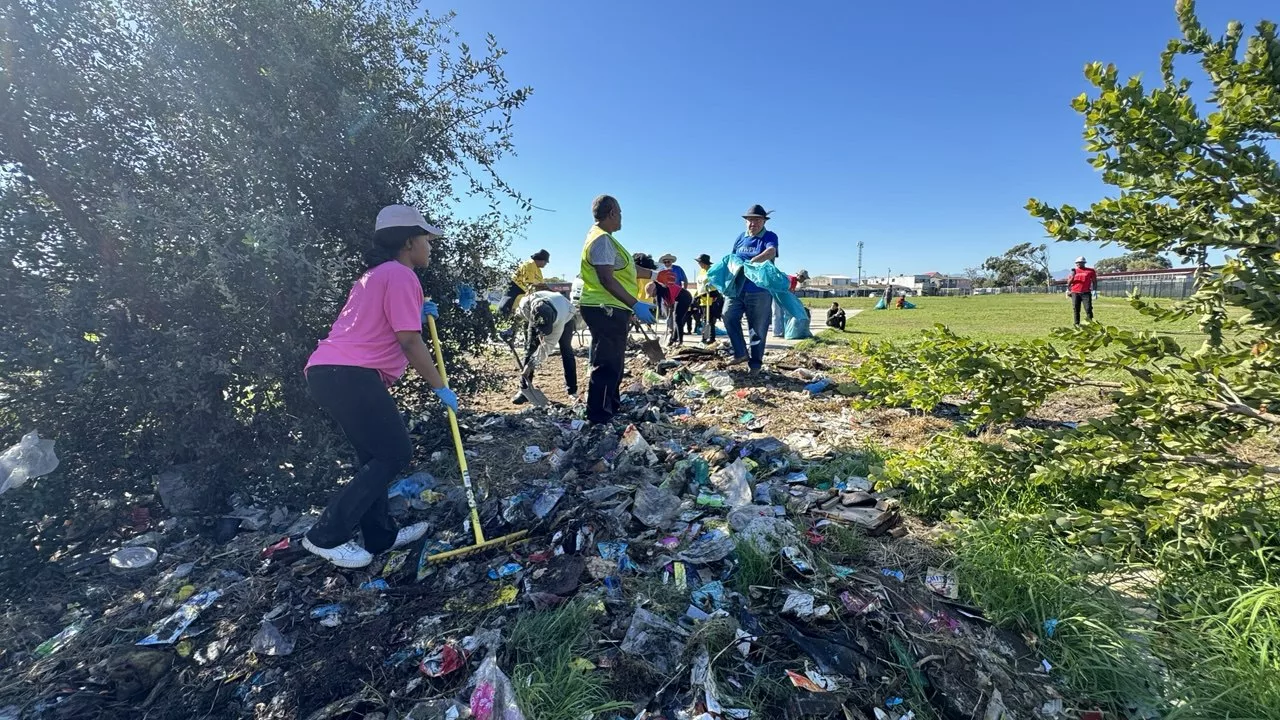By Anyway Yotamu
It is more practical for people who work in offices to “work from home” but if your only means of livelihood is vending, selling tomatoes or second-hand clothes at an informal market in Zimbabwe, how do you begin to do this? Even if we talk about transport, banking and shopping system is so crowded with queues.
The choice before you is often to stay home and fail to provide food for your family, or to brave it out into the central business district of Harare were there’s a high volume of people and try and fend for your family. If I was that person selling in the streets of Harare or Mbare Musika, I know what a choice I would make. It is not social distancing what so ever.
For those concerned about the risk of exposure to the virus, the WHO recommends self-quarantining. This has so far included advice for people not to share bathrooms, living space, and even bedrooms, if they can. But what if you live in a house where the bedroom doubles as a kitchen and living space – all shared with your (sometimes extended) family? Such recommendations are even more absurd if your source of water is a community tap or borehole, or if your toilet is one you share with a dozen other families. For many people forced to live on the margins of our societies, this is, unfortunately, a reality for us especially in Africa.
Even in the well-to-do parts of many African cities, getting access to water is a challenge. Harare’s taps have been nearly dry for almost 10 years now – and yet we recommend that residents not only self-isolate but also regularly wash their hands, where do they find water?
With coronavirus in Zimbabwe’s doorsteps, suddenly the importance of access to water is staring all of us in the face. But the governments and the WHO giving advice know only too well the conditions and challenges these communities have always faced especially those who live in high-density suburbs like Mbare.






